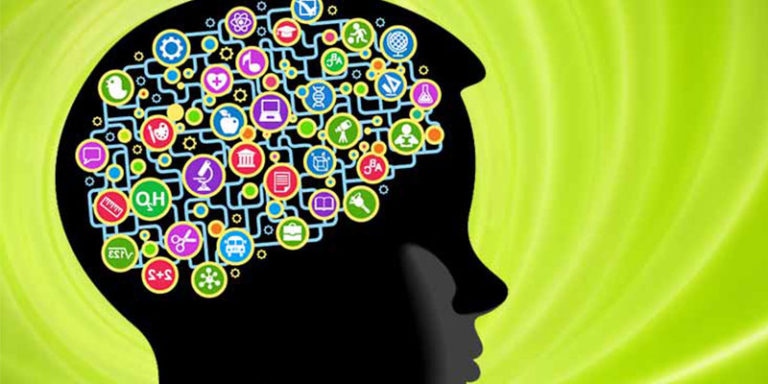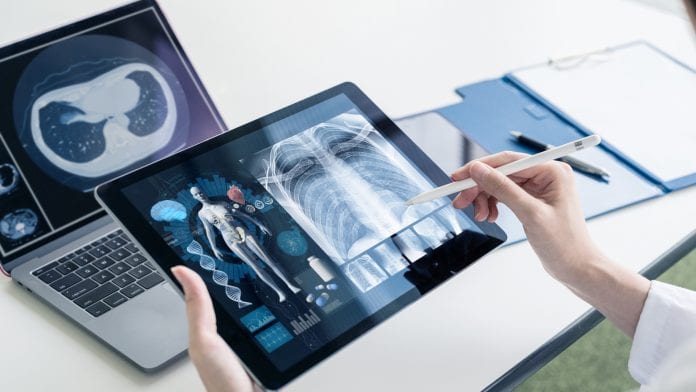African countries are undergoing an epidemiological transition driven by socio-demographic and lifestyle changes leading to an increase in communicable diseases and cardiovascular risk factors. Consequently, the incidence of stroke, a cardinal complication of cardiovascular risk factors, appears to be rising in Africa and other low- and middle-income country (LMIC) settings. By contrast, the incidence of stroke appears to be declining in high-income countries. Ironically, there is insufficient information on the current epidemiology of stroke in African countries and other LMICs. This is where we need this knowledge most. This is due to and contributes to deficient manpower and other resources to combat the epidemic. Accurate, up-to-date information on stroke burden is necessary for the development and evaluation of effective and efficient preventative acute care and rehabilitation programs for stroke patients. The following are some of the best apps to consider in the recovery and care of a stroke patient,
Language Therapy 4-in-1
It is common to experience a condition called aphasia after a stroke. It affects your ability to understand what people are saying, find the right words, and read and write. Aphasia is often a symptom of brain damage.
Language Therapy 4-in-1 is a scientifically proven speech therapy app that aims to improve speaking, listening, reading, and writing in those with aphasia. Start by giving their free version, Language Therapy Lite, a try today.
Research led by the University of Cambridge in the United Kingdom found that using the app for 20 minutes each day for 4 weeks showed improvements in all study participants with chronic aphasia.
VocalEyes AI
iPhone: Free
Stroke can sometimes cause damage to brain areas that receive, process, and interpret information sent from the eyes. This damage may result in losing part of your field of vision or causing double vision.
VocalEyes is computer vision for those with visual impairment. The app uses machine learning to help people with vision problems identify objects in their everyday lives. Take a photo, and the app will tell you what the camera sees.
VocalEyes’s audio response describes scenes and environments, identifies objects, label logos, and brands, reads the text, detects faces, classifies emotions, recognizes ages, and distinguishes currency denominations.
Glasses
iPhone: Free
Glasses is a digital magnifier and mirror that can help you view fine print and objects up to 12x magnification.
If your vision is impaired after a stroke or you have simply forgotten your glasses, the app can zoom in on labels and nutritional information in a grocery store and menus in dark restaurants as well as help you see how much to pay on the bill after eating out.
Glasses is simple to use. Double-tapping quickly zooms in or out by 6x, while swiping uses a slow and continuous zoom method. If you have shaky hands, you can tap and hold to freeze the image on the screen.
Elevate
Android: Free
iPhone: Free
If you are experiencing cognitive function problems after a stroke, brain-training apps provide a platform to exercise and improve the areas of the brain involved in concentration, memory, planning, reason, and problem-solving.
Elevate is a brain-training app that enhances speaking abilities, processing speed, focus, and memory. Elevate provides a personalized training program that adapts in difficulty over time to ensure you are always challenged.
It features more than 40 games aimed at improving your skills. Plus a workout calendar that tracks your streaks to keep you motivated. Users who train with Elevate at least three times each week have reported considerable gains in abilities and increased confidence.
Most of these apps for stroke recovery need money to purchase with few being totally free and others on a free trial. Some other apps such as; Medisafe and Cozi do not make it on my top five list because, while they are free apps, these apps contain the activity that a personal caregiver can execute efficiently and therefore it needs is not absolutely necessary. In most African homes, it’s usually the family members taking care of the sick. While this app may be useful in situations where there is no caregiver, its purpose doesn’t surpass the chosen five.
Recommendation
If I am to recommend an app, I would choose these five, because they complement each other and their usefulness is absolutely necessary. In a world where technology is rising, these apps can change the whole approach to stroke. Apps such as Elevate have games that are productive at engaging both sides of the brain. Physical workout is also an important aspect of the recovery period. It is also very crucial at making sure the patients’ reflexes are working properly.
All these apps for stroke recovery are accessible to Android and iPhone users and they are easy to operate as the activities are displayed for one to choose hence saving time that would otherwise be spent at learning. Once you complete an activity, you receive a reward as a way of encouraging more use of the app.





